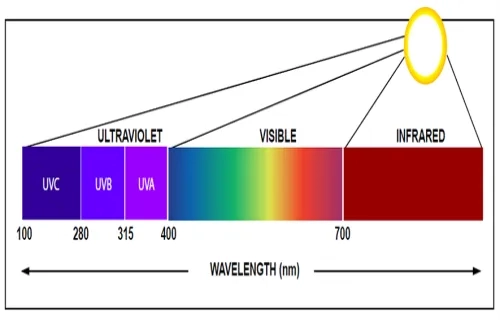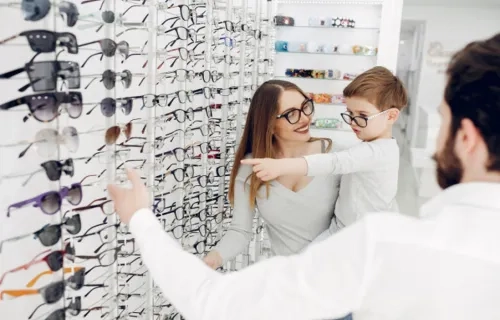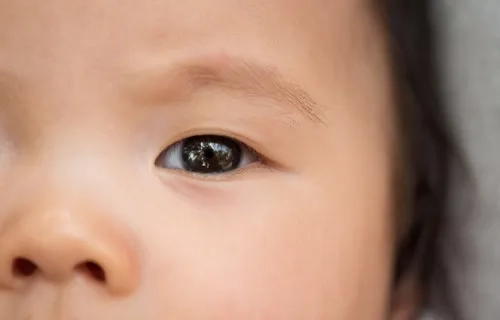
Vitamin D is sometimes called the “sunshine vitamin” because it is produced in our skin in response to sunlight. Therefore, reasonable exposure to ultraviolet radiation from the sun can be a good source of vitamin D. This exposure of 10–15 minutes, on a frequency of two to three times per week will cause the skin to produce enough vitamin D. It is not necessary to expose the face to the UV, as facial skin provides little vitamin D.

Singapore’s recent hot weather and high temperatures between 25 and 34 Degree Celsius prompt us to put on our sunscreen and sunglasses diligently. The main reason of course, is to protect ourselves against the ultraviolet radiation from the sun.

Taking regular breaks after every 30-40 minutes of reading, writing, or playing the computer is recommended. Time spent on electronic devices such as tablets, mobile phones or handheld devices should be reduced too.

Your baby learns to see over a period of time - very much like how they learn to walk and talk. Vision, and how the brain uses the visual information, are learned skills. Eye and vision problems in infants can cause developmental delays.

Healthy eyes and good vision play a vital role in your child’s learning and development. If the day comes when your child is required to wear spectacles to aid in vision clarity, it is of great importance to choose a suitable and comfortable frame for the child upon a proper eye examination by the ophthalmologist or optometrist.

Did you know that by having a balanced diet that is low in fat but rich in fruits, vegetables and whole grains can not only help your cardiovascular health but your eye health as well?

Untrue! Paediatric optometrists are equipped with special tools that enable them to examine the visual ability of a child without the need for much verbal feedback at all. It is important to evaluate and monitor your child’s eye health as his/her eyes are constantly developing and changing as he/she grows.

Myopia, more commonly known as short-sightedness, is now a global public health concern. In particular, the increasing prevalence of myopia in young children has since become an urgent issue to tackle among eye care professionals globally.

Many people have the misconception that they should only visit the doctor when they are feeling unwell. In fact, regular health screening is one aspect of healthcare that should not be avoided.



